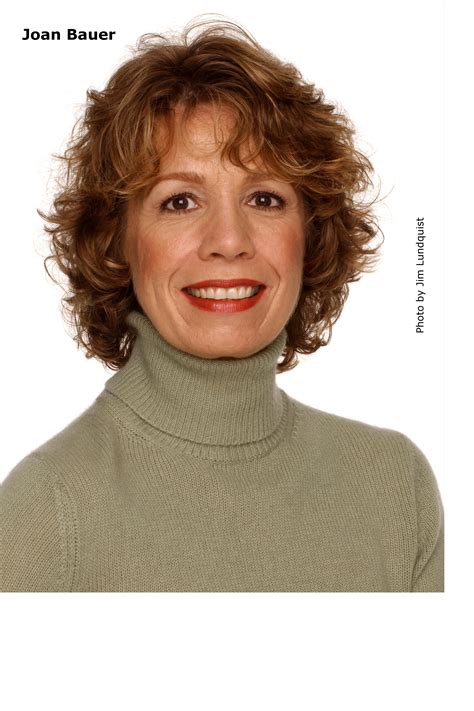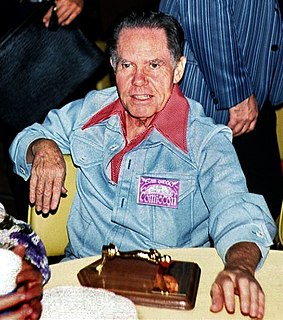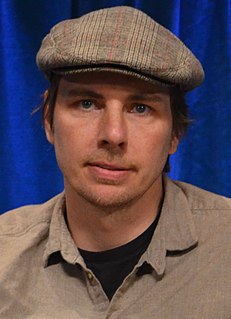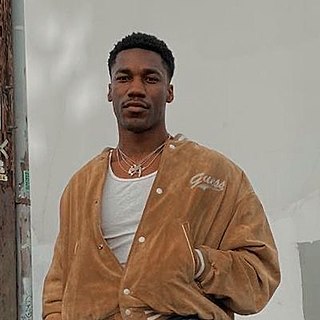A Quote by Zadie Smith
Other people’s words are so important. And then without warning they stop being important, along with all those words of yours that their words prompted you to write. Much of the excitement of a new novel lies in the repudiation of the one written before. Other people’s words are the bridge you use to cross from where you were to wherever you’re going.
Related Quotes
I have this theory that the more important and intimate the emotion, the fewer words are required to express it. For instance in dating: 'Will you go out with me?' Six words. 'I really care for you.' Five words. 'You matter to me' Four words. 'I love you.' Three words. 'Marry me.' Two words. Well, what's left? What's the one most important and intimate word you can ever say to somebody?
'Goodbye...'
The old idea that words possess magical powers is false; but its falsity is the distortion of a very important truth. Words do have a magical effect - but not in the way that magicians supposed, and not on the objects they were trying to influence. Words are magical in the way they affect the minds of those who use them.
I want you to understand the words. I want you taste the words. I want you to love the words. Because the words are important. But they're only words. You leave them on the paper and you take the thoughts and put them into your mind and then you as an actor recreate them, as if the thoughts had suddenly occurred to you.
The dictionary is like a time capsule of all of human thinking ever since words began to be written down. And exploring where words have come from can increase your understanding of the words themselves and expand your understanding of how to use the words, and all of this change happens in your thinking when you read the words.







































